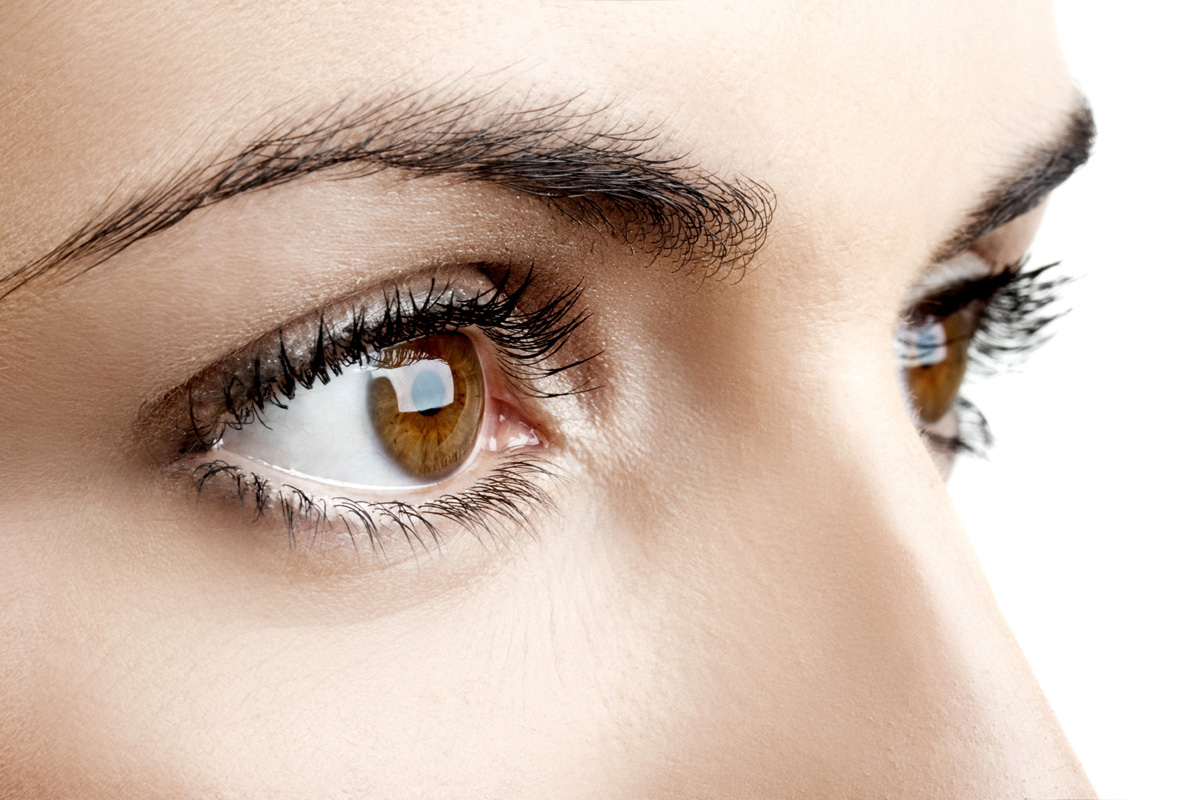Eye care is a vital aspect of maintaining overall health and well-being. Our eyes are incredibly complex and sensitive organs, responsible for our most primary sense—sight. Unfortunately, many people tend to take their vision for granted until they encounter problems. To ensure that you enjoy a lifetime of clear and healthy vision, it's essential to prioritize eye care. This article will delve into the various aspects of eye care, offering insights, tips, and best practices to help you protect your precious vision.
The Anatomy of the Eye: Understanding How Your Eyes Work
Before we delve into the specifics of eye care, it's essential to understand the complex anatomy of the eye. The eye is a remarkable organ, consisting of several parts working together to capture and transmit visual information to the brain.
The Cornea and Lens: The cornea and lens are responsible for focusing light onto the retina, the light-sensitive layer at the back of the eye.
The Retina: The retina contains millions of light-sensitive cells called rods and cones. These cells convert incoming light into electrical signals, which are then sent to the brain through the optic nerve.
The Optic Nerve: The optic nerve carries these electrical signals to the brain, where they are processed and translated into the images we see.
Eye Muscles: The eye is surrounded by several muscles that control its movements, allowing us to look in different directions.
Tear Glands: Tear glands produce tears that keep the eye moist and help protect it from infection.
Understanding the structure and function of your eyes is the first step in proper eye care. With this knowledge, you can better appreciate the importance of maintaining eye health.
The Importance of Regular Eye Examinations
One of the cornerstones of effective eye care is regular eye examinations. These check-ups are not only essential for detecting vision problems but also for identifying potential eye diseases and systemic health issues. Here's what you need to know:
Frequency: Adults should have a comprehensive eye examination at least every two years. However, individuals with a family history of eye diseases or certain risk factors may need more frequent check-ups.
Children: Children should have their first eye examination at around six months of age, followed by regular check-ups as recommended by their eye care professional.
Seniors: As we age, the risk of eye diseases such as glaucoma, cataracts, and age-related macular degeneration increases. Seniors should have more frequent eye examinations to monitor their eye health.
Regular eye exams can help identify vision problems early and allow for timely intervention. During these exams, an eye care professional will check for refractive errors (such as nearsightedness, farsightedness, and astigmatism), eye diseases, and other conditions that can affect your vision and overall health.
Maintaining Proper Eye Hygiene and Health
In addition to regular eye exams, there are several daily practices and habits that can contribute to maintaining proper eye hygiene and health.
1. Proper Handwashing: Before touching your eyes, always wash your hands thoroughly to reduce the risk of introducing harmful bacteria and viruses.
2. Contact Lens Care: If you wear contact lenses, it's crucial to follow your eye care professional's instructions for cleaning and storing them. Avoid wearing lenses for extended periods, and never sleep in them unless prescribed by your eye doctor.
3. Protect Your Eyes from UV Rays: Prolonged exposure to ultraviolet (UV) rays from the sun can damage your eyes and increase the risk of cataracts and other eye conditions. Wear sunglasses that block 100% of UVA and UVB rays when outdoors.
4. Practice the 20-20-20 Rule: If you spend long hours staring at screens, take regular breaks to reduce eye strain. Every 20 minutes, look at an object at least 20 feet away for at least 20 seconds.
5. Maintain a Balanced Diet: Proper nutrition is essential for eye health. Foods rich in antioxidants, vitamins A, C, and E, zinc, and omega-3 fatty acids can help protect your eyes from age-related macular degeneration and cataracts.
6. Stay Hydrated: Dehydration can lead to dry eyes, causing discomfort and vision problems. Drink an adequate amount of water to keep your eyes properly moistened.
Common Eye Conditions and Their Prevention
Understanding common eye conditions and their prevention is crucial for effective eye care. Here are some prevalent eye issues and steps you can take to reduce your risk:
1. Cataracts: Cataracts are characterized by the clouding of the eye's natural lens. To reduce the risk of cataracts, protect your eyes from UV radiation, avoid smoking, and maintain a healthy diet rich in antioxidants.
2. Glaucoma: Glaucoma is a group of eye conditions that damage the optic nerve and can lead to vision loss. Regular eye exams are vital for early detection and treatment. Maintain a healthy lifestyle, including managing blood pressure and avoiding smoking, to reduce the risk of glaucoma.
3. Age-Related Macular Degeneration (AMD): AMD affects the macula, the central part of the retina responsible for sharp vision. A healthy diet, rich in leafy greens, fish, and nuts, can help reduce the risk of AMD.
4. Dry Eye Syndrome: Dry eye occurs when the eyes do not produce enough tears or produce poor-quality tears. Avoid exposure to dry and windy conditions, use humidifiers in dry environments, and follow your eye care professional's recommendations for lubricating eye drops.
Conclusion
Caring for your eyes is a lifelong commitment that requires attention to daily habits, regular eye examinations, and an understanding of common eye conditions. By prioritizing eye care and following the tips and practices outlined in this article, you can significantly reduce the risk of vision problems and maintain the clarity and health of your precious vision for years to come. Remember that your eyes are irreplaceable, so taking care of them should be a top priority in your overall health and wellness routine.

 Catherine Sewell
Catherine Sewell



